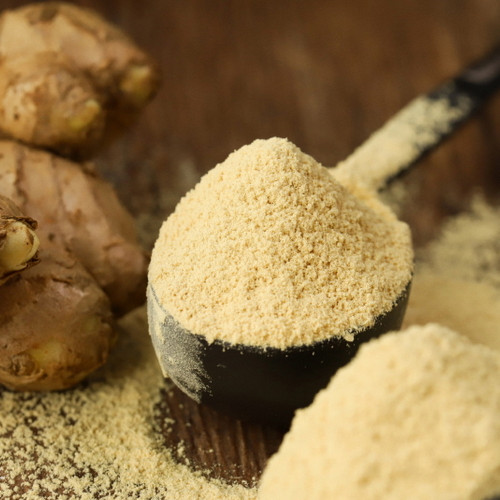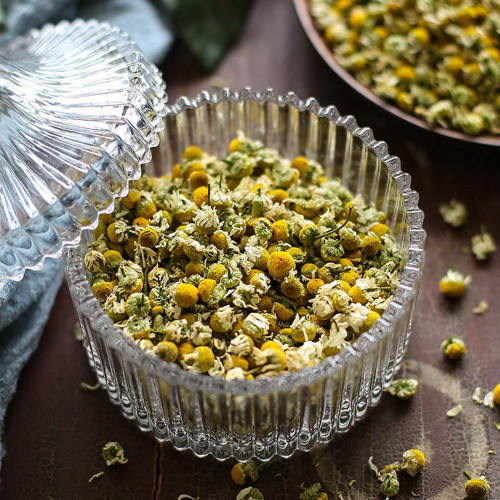Product Overview
Ginger is native to Asia and is the flowering plant of the Zingiberaceae family. Its root, or stem, adds flavor to many types of cuisine, but is also an ancient herbal remedy for a host of ailments. Drinking ginger tea may help with everything from motion sickness to cancer prevention.
Ginger tea is a warming drink for cool weather. It’s a nice morning or afternoon pick-me-up, yet also a relaxing evening sipper. If you’re in the mood for a seasonal drink that isn’t heavy like hot chocolate can be, try ginger tea!
Ginger tea is a non-alcoholic, non-caffeinated, and virtually calorie-free drink (unless you add a sweetener). So, it’s a great option if you’re cutting back on any of the above.
Here are just some of the known and suspected benefits of ginger tea.
Motion sickness
Folk medicine suggests that ginger tea can help calm motion sickness symptoms like dizziness, vomiting, and cold sweats. Most researchTrusted Source has not been able to show any effectiveness; motion sickness medication works best.
Ginger has been used for centuries to reduce nausea and is the only herb that is almost universally considered safe by conventional standards… ginger ale or ginger sodas usually don’t have enough actual ginger to be effective.
Nausea from morning sickness or chemotherapy
Some experts believe the active components in ginger — volatile oils and phenol compounds called gingerols — can help relieve nausea caused by pregnancy, chemotherapy, or surgery.
Researchers suggestTrusted Source that ginger might be a worthwhile alternative to traditional anti-nausea drugs in people who are pregnant or undergoing chemotherapy and can’t have or tolerate the standard drugs. Ginger is the most well-studied herb used during pregnancy, and has been proven effective in the treatment of nausea and vomiting.
Blood pressure and heart health
ResearchTrusted Source has suggested that ginger consumption can be protective against heart disease. The pungent herb may help:
lower blood pressure
prevent heart attacks
prevent blood clots
relieve heartburn
lower cholesterol
improve blood circulation
Weight and blood sugar control
Drinking hot ginger tea increase feelings of fullness and reduced hunger. Ginger may help prevent obesity and obesity-related complications.
Ginger may help improve blood sugar control, reduce A1C, insulin, and triglycerides among people with type 2 diabetes, some researchTrusted Source suggests.
Pain relief
Ginger has been used to treat inflammation for centuries and this practice now has a body of scientific evidenceTrusted Source behind it. It’s been shown in several studies to help relieve pain from osteoarthritis of the knee in particular.
Ginger tea may also help alleviate headaches, menstrual cramps, sore muscles, and other types of pain.
Immune support and cancer prevention
It’s believed that the antioxidants in ginger can help strengthen your immunity and reduce stress. Inhaling the steam from ginger tea may also help relieve nasal congestion and other respiratory issues from the common cold or environmental allergies.
Research has even shown that ginger may help prevent cancer. In laboratory research ginger has been shown to fight several different types of cancer cells, including pancreatic cancerTrusted Source and colon cancerTrusted Source.
Brewing Guide: Fill the teapot 2 grams (1-2 teaspoons) ginger tea for every 300ml of water. Infuse in hot water at 90°c (194°F) to 95°c (203°F) for 5 minutes (or up to 10 minutes, if you want extra-strong tea).
Pour the tea through a fine sieve to catch all of the ginger. If desired, serve your tea with a thin round of lemon or orange for some complementary acidity. You might also appreciate a light drizzle of honey or maple syrup, which will temper the fiery ginger flavor.














